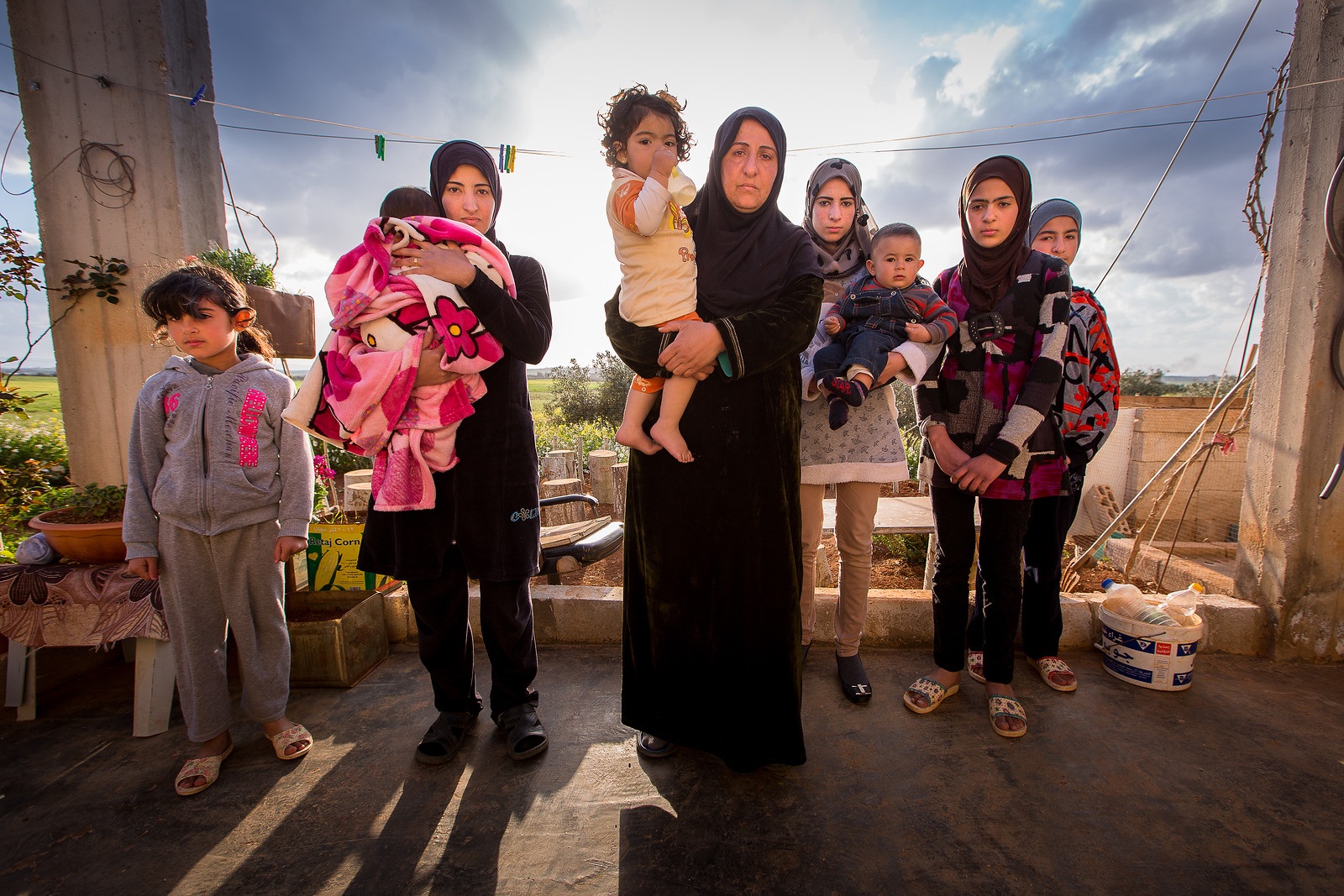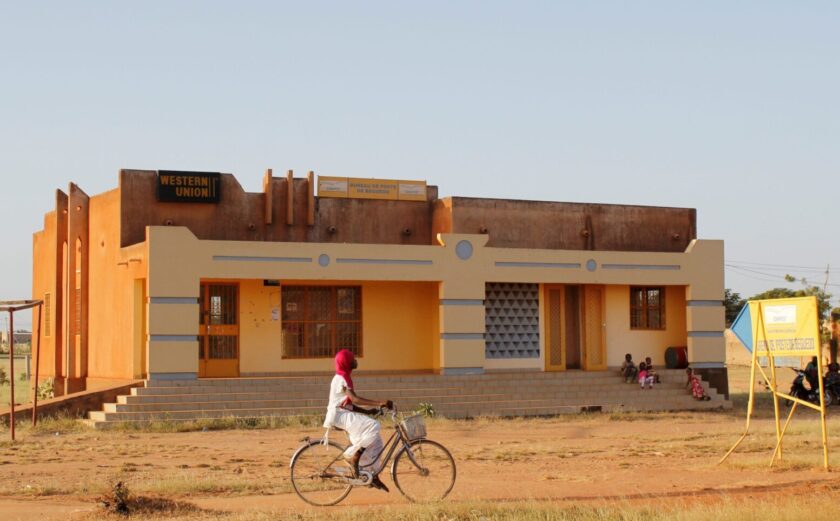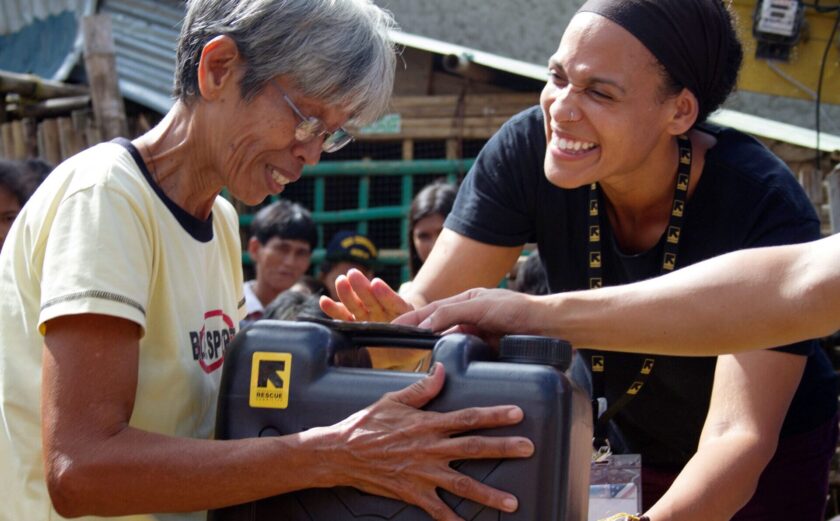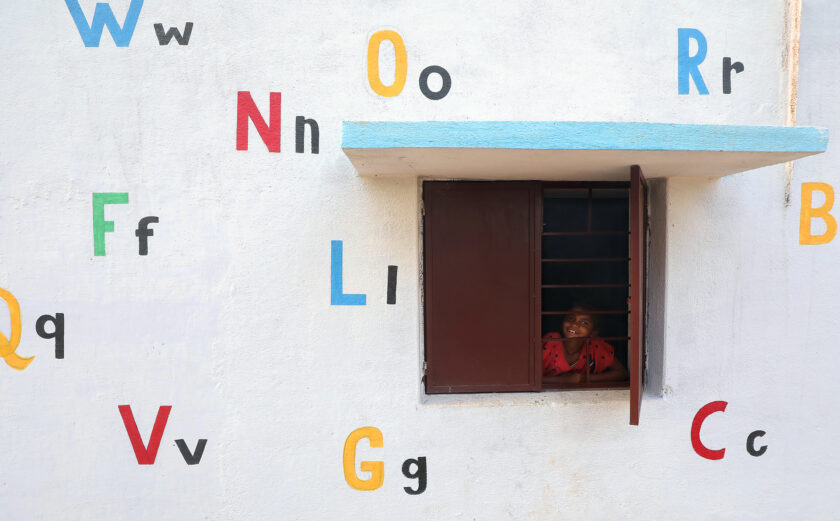
Comments On USAID Draft Gender Equality and Women’s Empowerment Policy
On August 27, InterAction submitted comments on USAID’s draft policy, “2020 Gender Equality and Women’s Empowerment Policy,” in response to it being released for public comment on August 19.
This draft revised policy, once final, will supersede the existing 2012 policy, found HERE.
InterAction noted appreciation for USAID’s continued commitment to gender equality and empowering women and girls and mainstreaming these goals throughout its programming. However, we noted concern about the degree of changes to the revised 2020 policy and the subsequent impact on progress to date.
Gender has been a development priority for decades, and best practices have evolved to be more inclusive and integrated over that time. As such, the policy should acknowledge and accelerate transformative progress towards global gender equality and related outcomes.
Overall, updating USAID’s Gender Equality and Female Empowerment Policy provides a prime opportunity to build upon the 2012 policy with new data, best practices, and align it with new strategies and pieces of legislation. Yet, the current draft of the policy does not fully achieve these goals and undermines its core premise of gender equality.
InterAction also raised concerns about the process and timing for public comment and requested that all future external consultation periods on draft policies be a minimum of ten (10) business days to allow for a comprehensive review by InterAction Members and other key stakeholders.
We also urged that all comments submitted by the NGO community during the comment period for this policy be fully considered and that there be additional opportunity to consult on further versions of this draft policy before it is finalized.
InterAction raised the below specific comments in response to questions posed by USAID about gaps and necessary clarifications. For more details on each of these points, see the full comment.
- An inclusive and intersectional approach to development is critical, but references in the policy are a step back from the 2012 policy and are not sufficient.
- Gender equality as a core development goal is absent and must be at the center of the policy.
- There should be an emphasis on girls and youth throughout the policy.
- Discussion of agency requirements or architecture to implement gender policy are weaker than the previous policy.
- There is no reference to a number of policies developed under previous Administrations that are still in effect.
- We appreciate the new addition of a number of cross-cutting sectors in the “Global Snapshots by Sector” section and have identified a few areas that should be revised and/or expanded upon.
- The delineation between “unalienable rights,” “legal rights,” and/or “basic rights” is unclear, and these terms are undefined.
- Gender equality is not effectively defined.
- Gender-based violence is not comprehensively defined.
- Gender identity, gender expression, and intersectionality are not referenced or defined.
- The role of men and boys in advancing gender equality should be effectively characterized.
- Partnerships with local and women- and girl-led organizations should be emphasized to a greater degree.
Note that these comments were informed by significant input by InterAction Members and coalition partners but may not fully reflect the diverse opinions of all of InterAction’s membership given the short window for comment. For more information, please reach out to Kelsey Harris.








